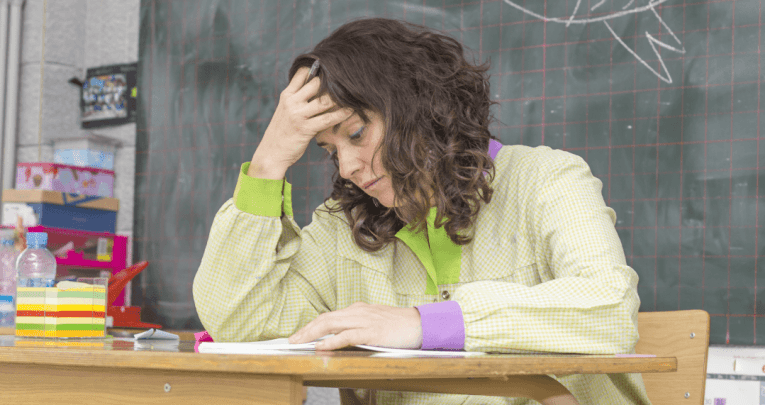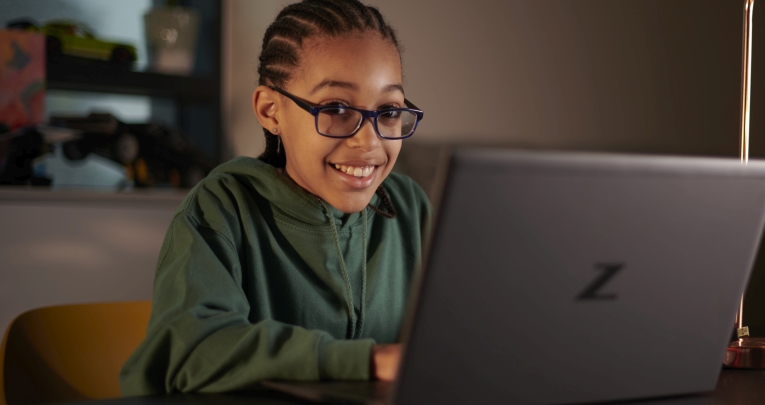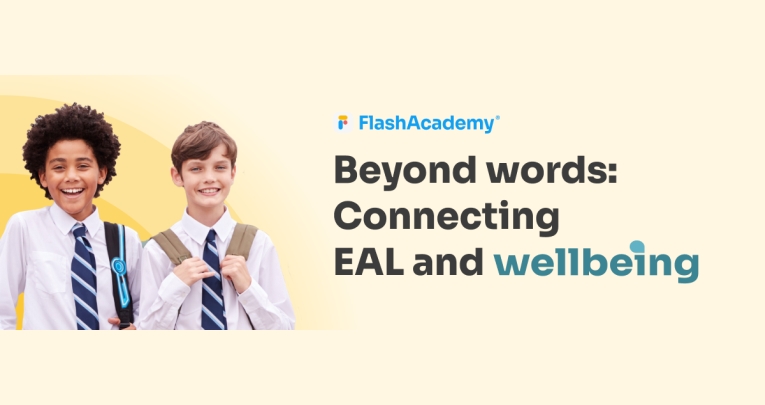Lockdown and this new way of living has sent shockwaves throughout all sectors, not least for those facing the challenge of continuing to motivate students and deliver lessons remotely.
The mental health impact on both teachers and students has been significant, caused by the knock on impact on student motivation and teacher workloads.
With blended learning a reality for the foreseeable future, we need to consider the pain points highlighted by learning in lockdown, and the challenges and opportunities technology presents to overcome these.
A reflection on education
According to a research paper published by Texthelp and educational analyst ImpactEd, to date COVID-19 has caused 1.2 billion students in 181 countries to be excluded from their school buildings. In order to keep teaching kids, online/distance learning became “must-do”.
Of course this created a number of new challenges for educators, including navigating new tools and technologies. What is most interesting however, is that school closures held a mirror up to education, by heightening existing long-term issues.
In particular, the evidence shows COVID-19 has led to an exponential increase in teacher workload since March 2020.
Trying to support every learner, find tools to teach remotely and continuing with the curriculum, have all have left teachers burnout.
Never mind the fact that the report ‘Lockdown and beyond: Learning in a changing landscape’ found that during school closures, school leaders were operating with 25% less capacity.
A return to normal
As we said, teacher workload is not a new issue, so a return to the classroom was never going to be the solution that schools and teachers needed.
Especially with students missing out on a full term of instruction, teachers finding the time to assess and respond to learning loss this year, only adds to the issue.
With almost three-quarters of teachers saying their workload has increased in this first term and more than half saying they now go without regular breaks.
That’s according to a survey by the NASUWT teaching union, which says workload has been “exacerbated” by expectations on teachers to develop remote learning in the wake of COVID-19 – as more and more students are sent home and colleagues fall ill or self-isolate.
Unfortunately, a rich range of evidence points to teacher burnout being linked to lower motivation in students.
Meaning the more school systems can support their teachers, the better the results for motivation and attainment. But how can we motivate students in a remote or blended environment, without adding to teacher workload?
Helping teachers, to help students
Teachers need more time to do their job (within their contracted hours) and while unwelcome for a host of reasons, COVID-19 has pushed learning technology into the mainstream, more quickly than expected. With downloads of EdTech tools in the UK surging by 150%.
A positive of this is that research suggests that technology-rich teaching practices can support student AND teacher wellbeing. Maintaining the teacher-student relationship by giving students choice in the technology as well as providing meaningful, fast feedback helps both teachers and students.
Through meaningful collaboration between school leaders and providers, technology could become the vehicle for students to continue to learn and develop, while helping to reduce some of the burdens on educators. It’s time to start addressing the issues with the right strategies and the right tools.
To find out more about using technology to tackle the teacher workload challenge, visit text.help/teachwire-nov.








